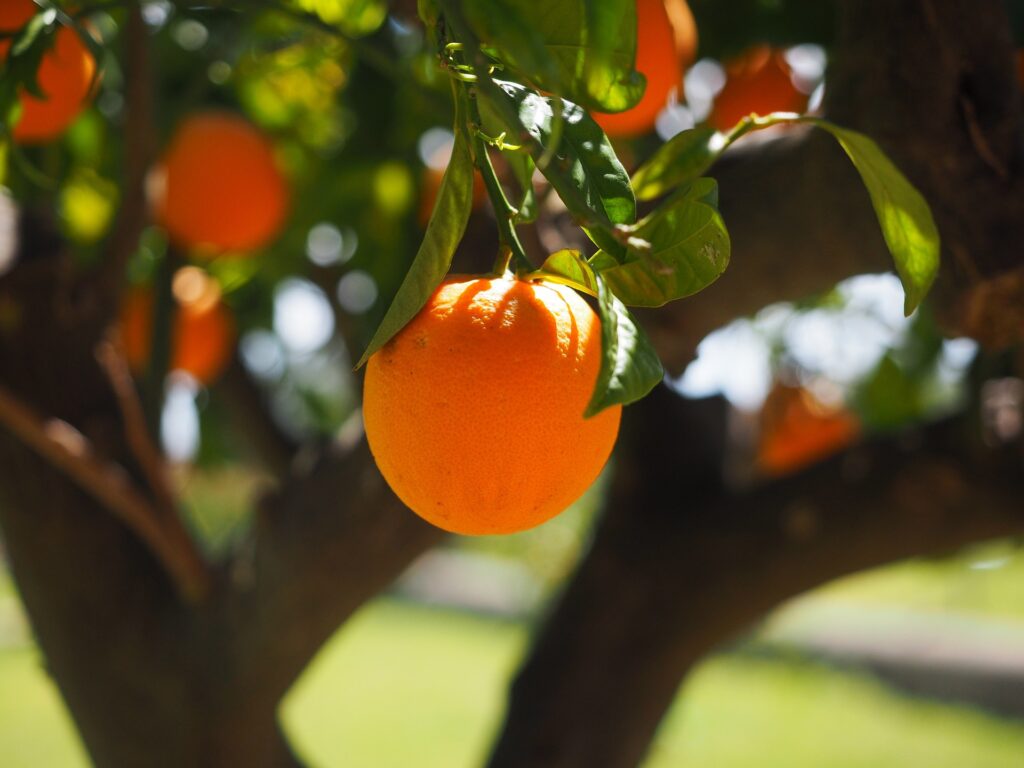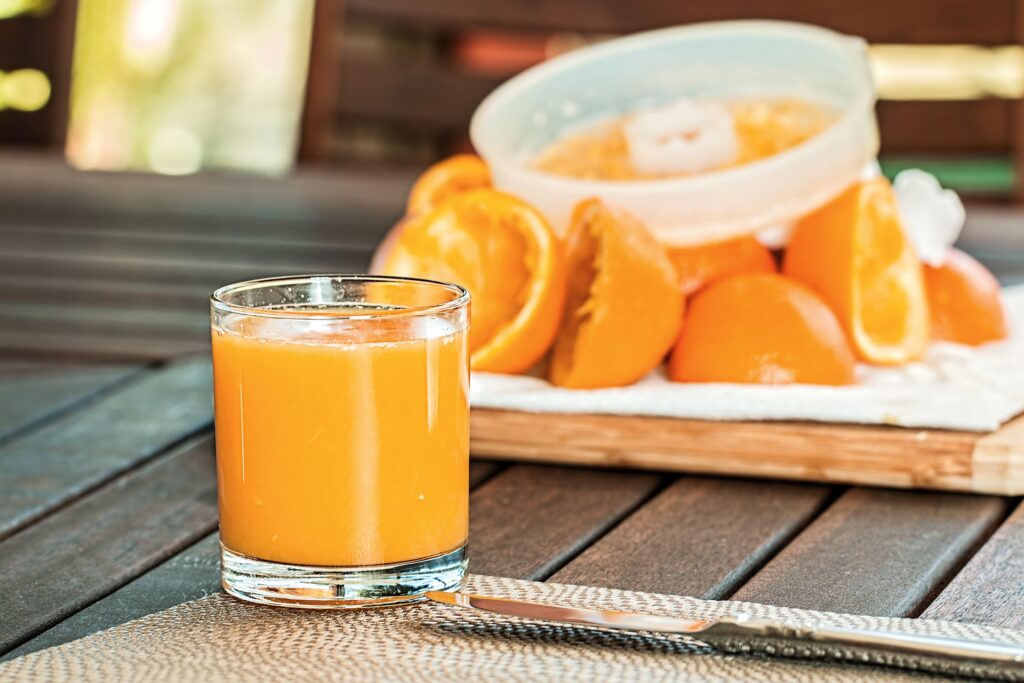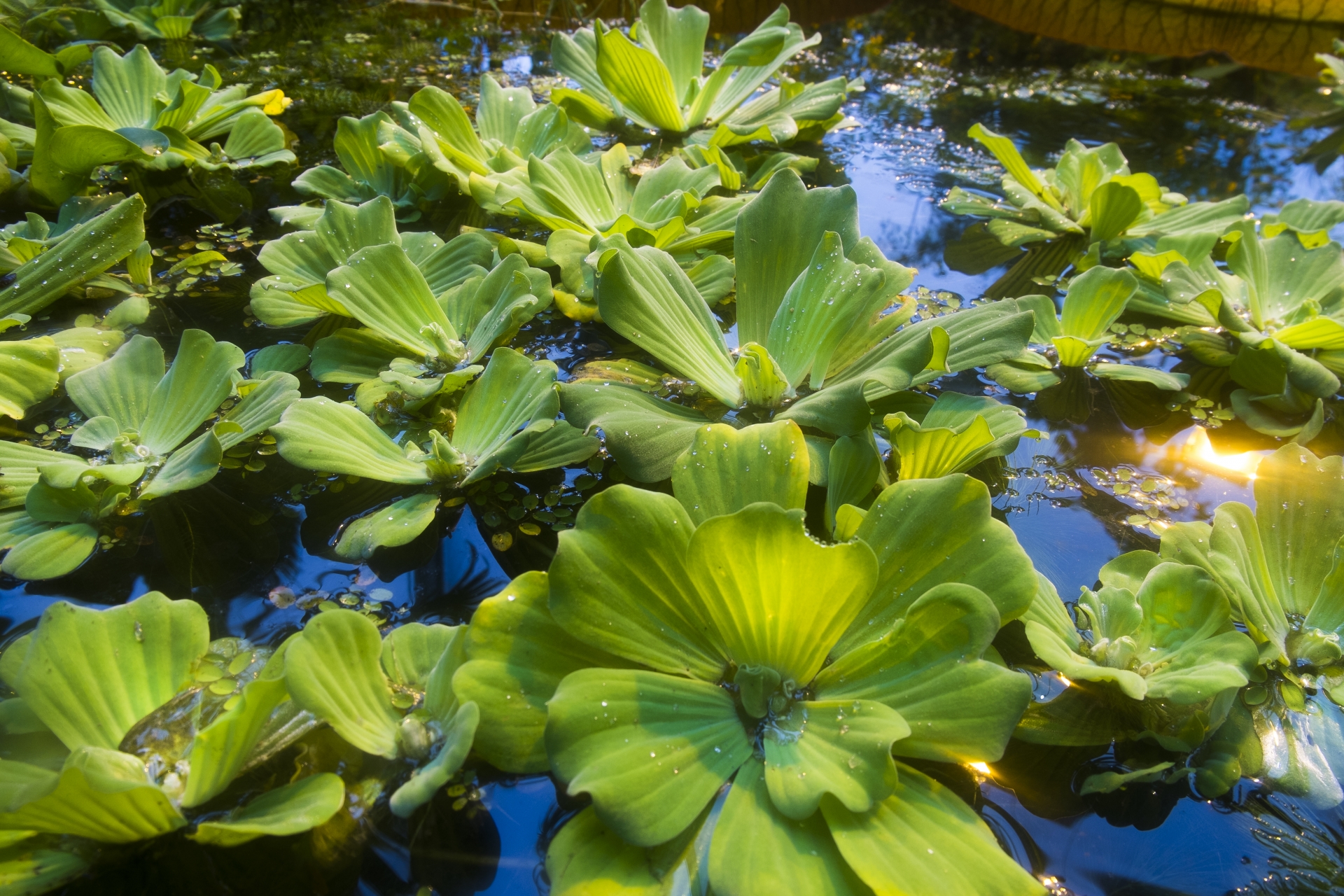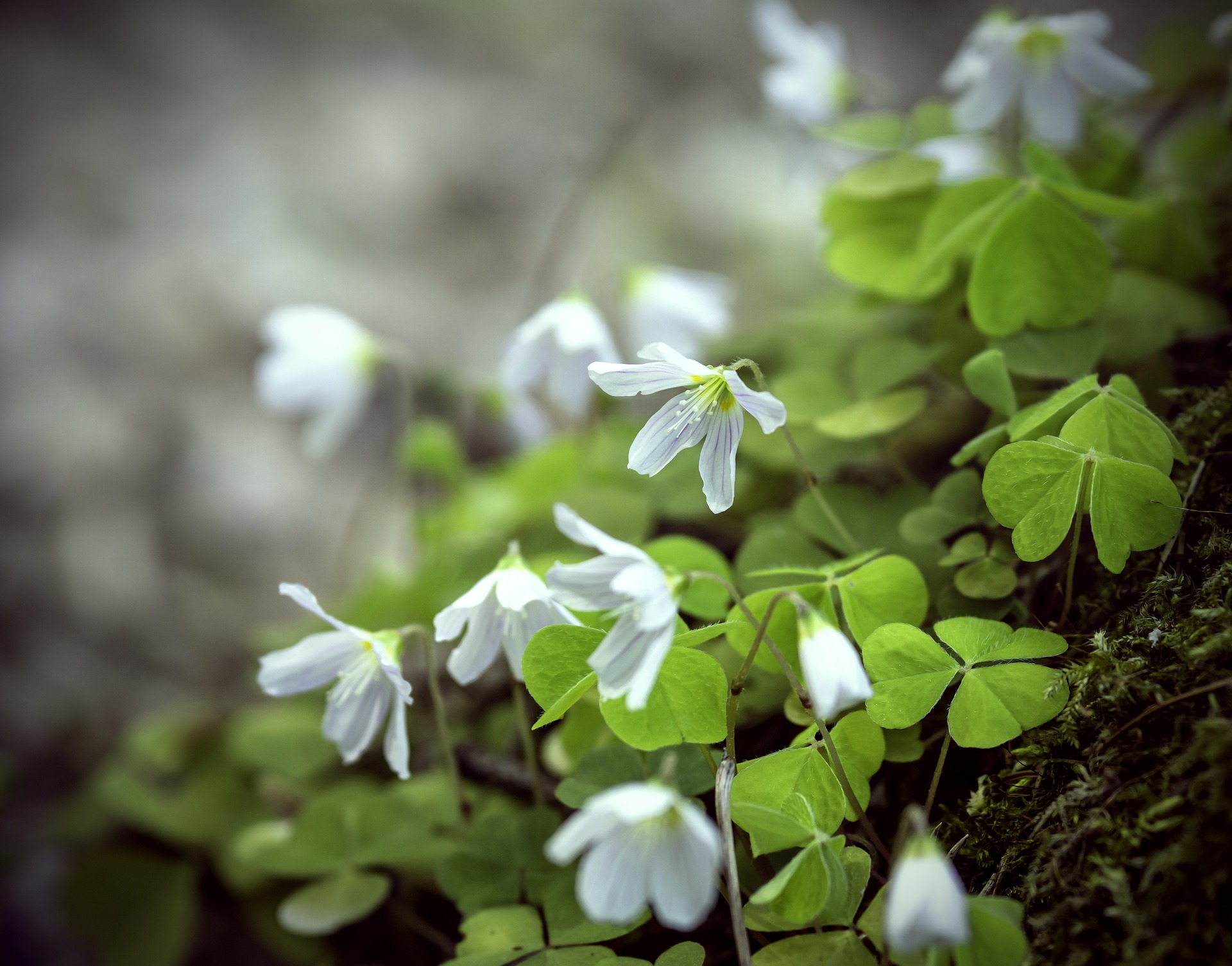The crisis of everyone’s favorite orange juice.
Orange (citrus) is one of the most consumed fruits in the world. When in doubt about what beverage to choose, many people might opt for orange juice thinking it seems healthy. Indeed, it is nutritious and tasty, which is why it is beloved worldwide. However, the production of oranges is declining. Focusing on Japan’s imports, 60% depend on Brazil. At the beginning of 2023, floods occurred in Brazil’s production areas, followed by outbreaks of disease. In the United States, production significantly dropped due to major hurricanes, and the impact of diseases has been felt there as well. Currently, orange juice is the subject of a global bidding war, causing its trade price to soar. Have you ever thought, when buying orange juice, that the price is high, or noticed it’s not available on store shelves? That’s due to the impact of diseases.
The disease causing this is “Citrus Greening (HLB).” Infected fruits remain small even when mature, retain green spots on their surface, and turn bitter. As the disease progresses, the tree gradually weakens, starting to die from the tips of its branches, and eventually, the entire tree withers.
Breeding material resistant to HLB… lacks the typical orange character.
It is difficult to recover trees infected with HLB through pesticide spraying, and the current approach primarily involves cutting them down to prevent the spread. As a measure, research is advancing in breeding oranges resistant to HLB. The oranges (Citrus sinensis) produced worldwide are hybrids of pomelo (Citrus reticulata Blanco.) and mandarin (Citrus maxima (Burm.) Merr.*). It is known that oranges are susceptible to HLB, which has caused its global spread. Therefore, efforts are underway to cross oranges with HLB-resistant citrus species like trifoliate orange (Poncirus trifoliata L.) to develop resistant varieties.
The challenge in this breeding process is that oranges are so well-loved worldwide that the varieties resulting from crossbreeding to enhance disease resistance lack the quintessential “orange-ness.” Hence, breeding efforts are progressing to backcross oranges to retain their disease-resistant traits while bringing them closer to the traditional orange flavor. However, since oranges are fruit trees, it takes time to obtain seeds, and developing effective varieties is time-consuming.
Therefore, researchers have come up with an idea: identify the specific “orange flavor” and select only the seeds that possess it.
Chemical and genetic basis of orange flavor

The components of “orange flavor.”
In the trials, many hybrid species from a research orchard in Florida were used. The fruits of these hybrids were harvested and made into juice. This juice was then tested by humans. The testers are professionals who have been conducting sensory tests on citrus juices for over ten years, specializing in evaluating the “orange-like” quality. They sampled the volatile compounds (aroma) of the juices they evaluated to investigate which components they contained.
As a result, 26 key compounds important to the orange flavor were identified. In particular, seven esters were found to differentiate the flavors of oranges and mandarins. The presence of these compounds is what gives the characteristic “orange-like” quality.
Genes involved in the “orange-like” quality have also been identified.
Additionally, the gene involved in producing the esters characteristic of orange flavor was identified. This gene is C. sinensis alcohol acyltransferase 1 (CsAAT1). If a bred variety possesses this gene, it is considered to have a more “orange-like” quality. Since markers for identifying this gene have been developed, breeding outcomes can be evaluated without waiting for fruit production. This has significantly accelerated the pace of orange breeding.
Unnoticed, “oranges” may be replaced.
Now that the components of the “orange flavor” and the related genes have been identified, I think it’s only a matter of time before we create varieties that are “disease-resistant” yet close to the familiar taste of the “orange” we know. As a lover of orange juice, I fervently hope that the dire situation of orange production improves as soon as possible. For a while, orange juice may become a luxury beverage, but before we know it, it might be replaced by “generic orange juice.”
When we realize this change, I wonder how we will feel. But surely, if that juice tastes good, then it’s a win for the breeding efforts.




コメント